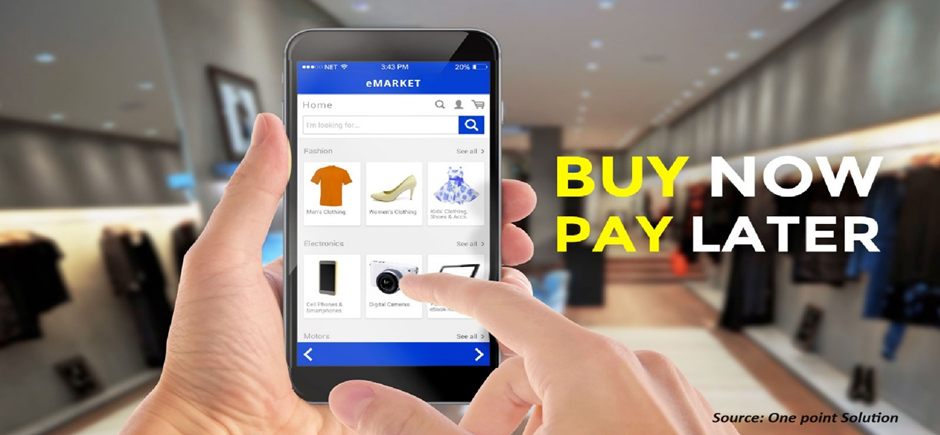
Netherlands Mobile Payment Market by Age (Generation Z, Millennials, Generation X, and Baby Boomers), by Payment Type (Proximity and Remote), and by Application (Money Transfers, Merchandise Purchases, Bill Payments, Airtime Top-ups, Ticketing, and Others) – Opportunity Analysis and Industry Forecast, 2024–2030
Industry: ICT & Media | Publish Date: 01-Sep-2024 | No of Pages: 111 | No. of Tables: 79 | No. of Figures: 44 | Format: PDF | Report Code : IC2480
Netherlands Mobile Payment Market Overview
The Netherlands Mobile Payment Market size was valued at USD 398.2 million in 2023, and is predicted to reach USD 1538.5 million by 2030, with a CAGR of 20.2% from 2024 to 2030. The mobile payment system, also termed as money transfer, mobile money, m-payments, electronic payments, and digital payments, facilitates financial transactions using mobile devices such as smartphones, tablets, and wearables.
These transactions are facilitated through mobile apps or various methods such as proximity and remote transactions. Mobile payment systems encompass diverse types such as mobile wallets, mobile banking apps, and online payment services such as PayPal, Venmo, and Google Pay.
Employing technologies such as SMS, near-field communication (NFC), quick response (QR) codes, and others, these systems ensure seamless transactions while employing robust security measures including encryption and biometric authentication to safeguard personal and financial data.
Appreciated for their convenience, speed, security, and integration with other financial tools, mobile payment systems witness widespread adoption. Moreover, users can configure payment apps to automatically settle bills, such as utility or credit card bills, ensuring efficient financial management and preventing late payments.
Ease of Use in Mobile Payment Services Drives the Market
Ease of use is a critical factor driving the mobile payment market, ensuring platforms are accessible and user-centric. With simplified interfaces, rapid transactions, and reliable security measures, trust is built, leading to broader adoption by consumers and merchants alike. Clear support and education efforts further enhance user confidence, ensuring a positive experience and contributing to long-term Netherlands mobile payment market expansion.
High Adoption of Smartphones Propels the Netherlands Mobile Payment Market
The widespread acceptance of smartphones and the increasing penetration of the internet act as key drivers propelling the Netherlands mobile payment market growth. As smartphones become increasingly ubiquitous and internet connectivity expands globally, a significant majority of consumers now possess the essential tools necessary for mobile payments.
Smartphones serve as convenient and portable payment terminals, allowing users to conduct transactions at their convenience, regardless of location. Concurrently, the widening accessibility of the internet ensures seamless connectivity, facilitating secure and real-time payment processing. With a growing number of consumers embracing smartphones and gaining access to reliable internet services, the potential user base for mobile payments experiences a remarkable upsurge.
This trend not only enhances convenience and accessibility for consumers but also encourages merchants to embrace mobile payment solutions to accommodate evolving consumer preferences, thereby driving the overall growth of the Netherlands mobile payment market.
Risks Related to Data Breaches and Security Concerns Hamper the Netherlands Mobile Payment Market Growth
The Netherlands mobile payment market growth is hindered by risks associated with data breaches and security concerns. As reliance on mobile devices for financial transactions increases, the risk of unauthorized access, data breaches, and identity theft has become a major concern for consumers and businesses.
High-profile security incidents can undermine trust in mobile payment platforms, causing users to hesitate in adopting or continuing to use mobile payment services. Additionally, regulatory bodies impose stringent requirements for data protection and cybersecurity, which add complexity and costs to mobile payment operations.
Addressing these cybersecurity concerns require robust encryption, multi-factor authentication, and proactive security measures to instill confidence in mobile payment solutions and promote market growth.
The Emergence of Real-Time Payment Creates Opportunities in the Netherlands Mobile Payment Market
The rise of real-time payments presents significant opportunities for the mobile payment market, offering unprecedented speed and efficiency in fund transfers in the country. Real-time payment systems facilitate instant transactions between parties, enabling seamless and convenient payment experiences.
This advancement allows mobile payment providers to cater to diverse needs, whether it's splitting bills with friends, making retail purchases, or transferring funds between accounts. Furthermore, the integration of real-time payment capabilities into various industries, including e-commerce, peer-to-peer lending, and on-demand services, drives innovation and expands the mobile payment ecosystem. In essence, the emergence of real-time payments transforms payment processing and creates fertile ground for growth and innovation in the Netherlands mobile payment market.
Competitive Landscape
Various market players operating in the Netherlands mobile payment industry include Alphabet, Inc. (Google), Alibaba Group Holdings Limited, Amazon.com, Inc., Apple, Inc., PayPal Holdings, Inc., Visa, Inc., Tencent Holdings Limited (WeChat), MasterCard International, Inc., Samsung Electronics Co. Ltd., Block, Inc., and others. These key players have adopted various strategies to strengthen their market share.
Netherlands Mobile Payment Market Key Segments
By Age
-
Generation Z
-
Millennials
-
Generation X
-
Baby Boomers
By Payment Type
-
Proximity
-
Near-Field Communication (NFC)
-
Quick Response (QR) Code Payments
-
-
Remote
-
Internet Payments
-
SMS/Direct Carrier Billing
-
By Application
-
Money Transfers
-
Merchandise Purchases
-
Bill Payments
-
Airtime Top-ups
-
Ticketing
-
Others
REPORT SCOPE AND SEGMENTATION:
|
Parameters |
Details |
|
Market Size in 2023 |
USD 398.2 Million |
|
Revenue Forecast in 2030 |
USD 1538.5 Million |
|
Growth Rate |
CAGR of 20.2% from 2024 to 2030 |
|
Analysis Period |
2023–2030 |
|
Base Year Considered |
2023 |
|
Forecast Period |
2024–2030 |
|
Market Size Estimation |
Million (USD) |
|
Growth Factors |
|
|
Companies Profiled |
10 |
|
Market Share |
Available for 10 companies |
|
Customization Scope |
Free customization (equivalent up to 80 working hours of analysts) after purchase. Addition or alteration to country, regional, and segment scope. |
|
Pricing and Purchase Options |
Avail customized purchase options to meet your exact research needs. |
KEY PLAYERS
-
Alphabet, Inc. (Google)
-
Alibaba Group Holdings Limited
-
Amazon.com, Inc.
-
Apple, Inc.
-
PayPal Holdings, Inc.
-
Visa, Inc.
-
Tencent Holdings Limited (WeChat)
-
MasterCard International, Inc.
-
Samsung Electronics Co. Ltd.
-
Block, Inc.




 Speak to Our Analyst
Speak to Our Analyst

































